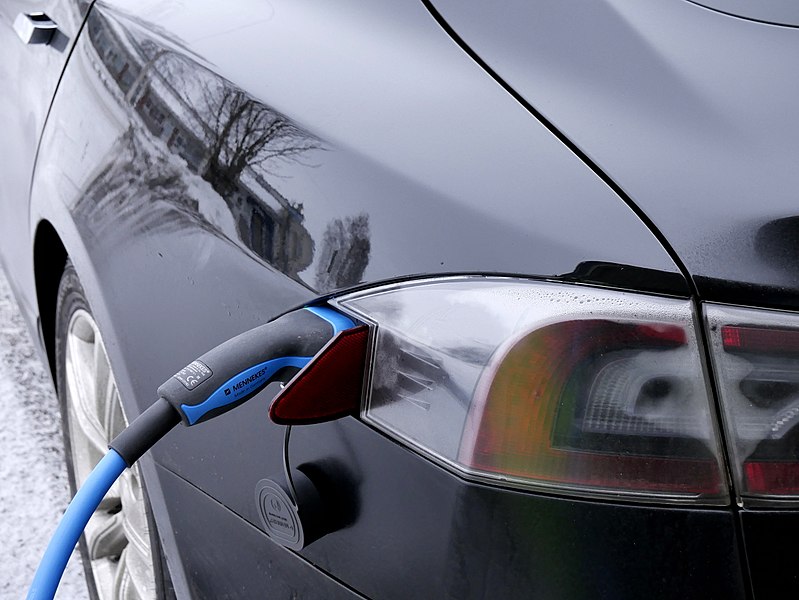Highlights:
- EVs should comprise 20% -25% of government’s new purchases says Tata Motors
- The Indian government is investing heavily in this industry
In order to push the adoption of Electric Vehicles (EVs) in the new decade which has started, the Central Government needs to make sure that 20% to 25% of the new vehicles purchased for State Transport Units (STUs) make up for EVs, said a senior executive from the industry.
The government need also ask the financial institutions to extend the affordable loans to customers which would boost the buying of the zero-emission vehicles.
Sushant Naik who is the Global Head of Government and Public Affairs at Tata Motors Limited says that getting the financing option for EVs is still a challenge and the government needs to incentivise sales of EVs via decreased and more affordable interest rates.
Also Read: Sundar Pichai Says “My Father Spent A Year’s Salary On My Plane Ticket To US”
Back in 2019, the Indian Government allocated Rs. 10,000 crore to encourage development, manufacturing and the use of Electric Vehicles via the Faster Adoptions and Manufacturing of Electric Vehicles (FAME) scheme.
As a part of this scheme, the Centre decided to incentivise the purchase of 7,090 Electric Buses with an outlay of Rs. 3,545 crore, 20,000 Hybrids at a cost of Rs. 26 crore and 35,000 four-wheelers at an expense of Rs. 525 crore and 5,00,000 three-wheelers at an investment of Rs. 2,500 crore.
In a discussion organised by the Energy Efficiency Services Limited (EESL), Naik said, “The new vehicles that are bought by the governments, at least 20-25% of that should be electric vehicles. Also, we would like the Centre to mandate the state transport units that 20-25% of the total busses that they buy should be electric. There are also challenges related to installing of home chargers as well,” on Saturday. The discussion was on electric mobility.
Also Read: The Only Indian To Be On Forbes List Of 100 Highest Paid Celebrities In The World
Tata Motors Limited has been pushing electric buses and passenger vehicles aggressively in the domestic market since past several years. In 2020 itself, the company launched an electric variant of its popular SUV (Sports Utility Vehicle), Nexon, at a price of Rs. 13.99 lakhs only.
Tata Motors also improves its Tigor Electric sedan which now has a range of 213 kilometres with a single charge and is packed with 21.5 Kilowatt Hour Lithium battery.
Sanjay Krishnan, Founder of Lithium Urban Technologies said, “With the introduction of the Bharat Stage VI emission standards, the difference between the price of an electric vehicle and one with internal combustion has reduced to just ₹1 to ₹2 lakh. With the new models coming in from companies like MG Motor, Hyundai and Tata Motors, financing options will also be available,”.
His company is a shared mobility platform which offers an EV fleet for the transportation of employees.


